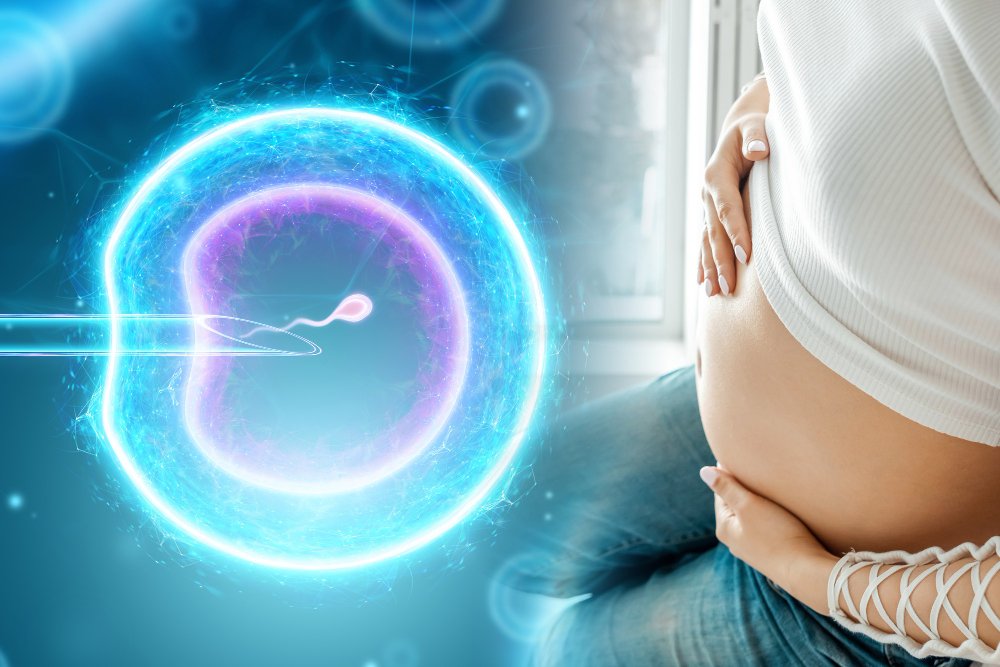ICSI Treatment
In the realm of assisted reproductive technology, Intra-Cytoplasmic Sperm Injection (ICSI) has emerged as a groundbreaking solution for couples facing challenges with male infertility.
ICSI is a highly specialized form of in vitro fertilization (IVF) that addresses issues related to sperm quality and quantity, offering renewed hope to those struggling to conceive.
ICSI Treatment
In the realm of assisted reproductive technology, Intra-Cytoplasmic Sperm Injection (ICSI) has emerged as a groundbreaking solution for couples facing challenges with male infertility. ICSI is a highly specialized form of in vitro fertilization (IVF) that addresses issues related to sperm quality and quantity, offering renewed hope to those struggling to conceive.

What is ICSI?
ICSI involves the direct injection of a single sperm into the egg to facilitate fertilization.
This meticulous procedure is performed under a microscope using specialized micromanipulation equipment.
Unlike traditional IVF, where sperm and eggs are combined in a dish, ICSI provides a more direct and controlled method of achieving fertilization, making it particularly effective in cases of severe male infertility.
Indications for ICSI
ICSI is typically recommended when conventional methods of fertilization may not be successful. Common indications include:
Low Sperm Count: ICSI is highly beneficial when the male partner has a low sperm count, as it only requires a single sperm for fertilization.
Poor Sperm Motility: In cases where sperm have difficulty in reaching and penetrating the egg naturally, ICSI offers a targeted solution by directly injecting a motile sperm into the egg.
Abnormal Sperm Morphology: If a significant portion of the sperm has abnormal shapes or structures, ICSI can overcome this obstacle by selecting the most viable sperm for fertilization.
Previous IVF Failures: Couples who have experienced failed IVF attempts due to poor fertilization may opt for ICSI as a more direct approach to achieving successful fertilization.
The ICSI Procedure
The ICSI procedure involves several key steps:
Ovarian Stimulation: The woman undergoes hormonal stimulation to encourage the development of multiple eggs.
Egg Retrieval: Once the eggs reach maturity, they are retrieved from the woman’s ovaries through a minor surgical procedure.
Sperm Collection: A sperm sample is collected from the male partner, and high-quality sperm are selected for the ICSI procedure.
Micromanipulation: Under a powerful microscope, a single sperm is carefully injected into the center of each mature egg.
Embryo Culture: The fertilized eggs (now embryos) are cultured for a few days, and the most viable embryos are selected for transfer to the woman’s uterus.
Success Rates and Considerations
ICSI has shown remarkable success rates, especially in cases of severe male factor infertility. However, it’s essential to consider individual circumstances, as success rates can vary based on factors such as the woman’s age, overall health, and the underlying cause of infertility. Couples undergoing ICSI should be prepared for the emotional and financial aspects of the treatment, as well as potential ethical considerations associated with assisted reproductive technologies.
Book Your Appointment Now

Consult Dr. Ankita Sethi at Fakih IVF Fertility Center – Abu Dhabi. Contact us to book your appointment, and please have your medical history ready. Your fertility is our priority.

